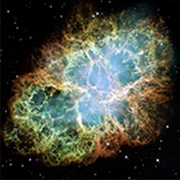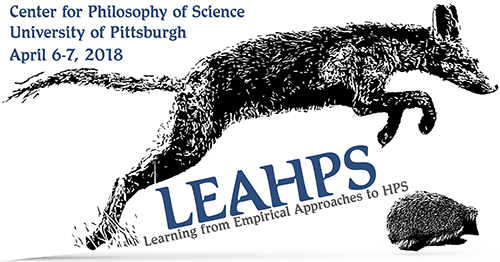

![]()
home
::: about
::: news
::: links
::: giving
::: contact
![]()
events
::: calendar
::: lunchtime
::: annual
lecture series
::: conferences
![]()
people
::: visiting fellows
::: postdoc fellows
::: senior fellows
::: resident fellows
::: associates
![]()
joining
::: visiting fellowships
::: postdoc fellowships
::: senior fellowships
::: resident fellowships
::: associateships
![]()
being here
::: visiting
::: the last donut
::: photo album
::: center home >> events >> conferences >> 2017-18 >>LEAHPS |
|
::: REGISTER HERE In recent years, some historians and philosophers of science have taken an empirical turn in their own work, conducting surveys and interviews, embedding themselves in scientific research groups as both observers and participants, designing and conducting new experiments, replicating historically important experiments, and developing computational approaches to questions in the history & philosophy of science. This conference will provide an opportunity to critically engage with the newest methods and results while keeping traditional HPS questions firmly in sight. Applications of empirical methods to philosophical questions in domains such as values in science, science policy, and science communication are also welcome. General themes include but are not limited to: What does HPS learn from interviews and surveys? HPS observers in the lab: how is it different from social science? Which questions in the history and philosophy of science can be answered experimentally? What does the latest in machine learning imply about scientific discovery and hypothesis generation? What are the implications of metrics for meaning similarity for issues such as the incommensurability of theories? What can HPS learn from the science of science? Day 1: Keynotes by Nancy Nersessian and Paul Thagard Further inquiries may be addressed to David Colaço (djc60@pitt.edu)
ORGANIZING COMMITTEE:
SPONSOR:
|
|
